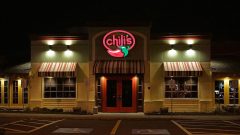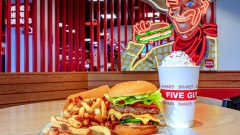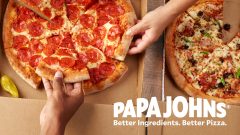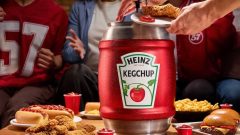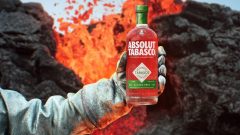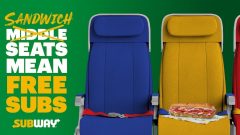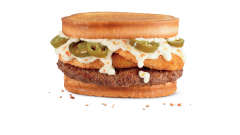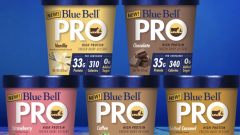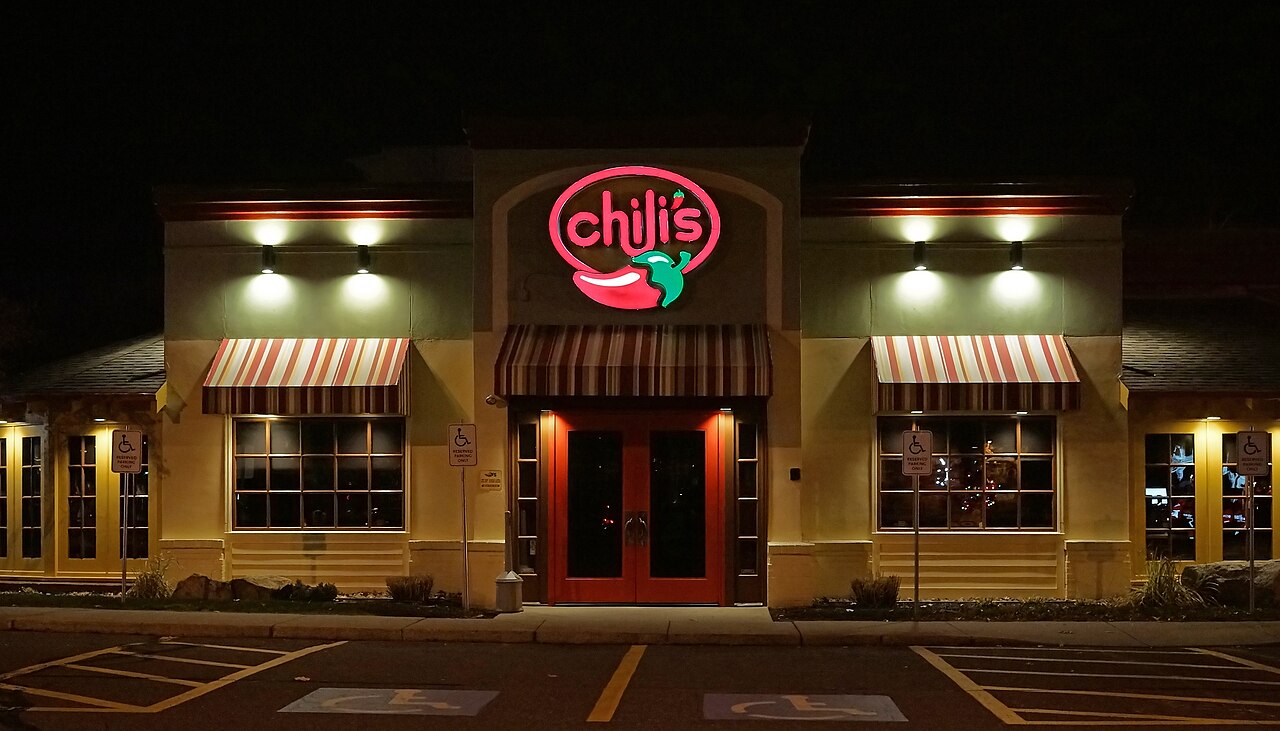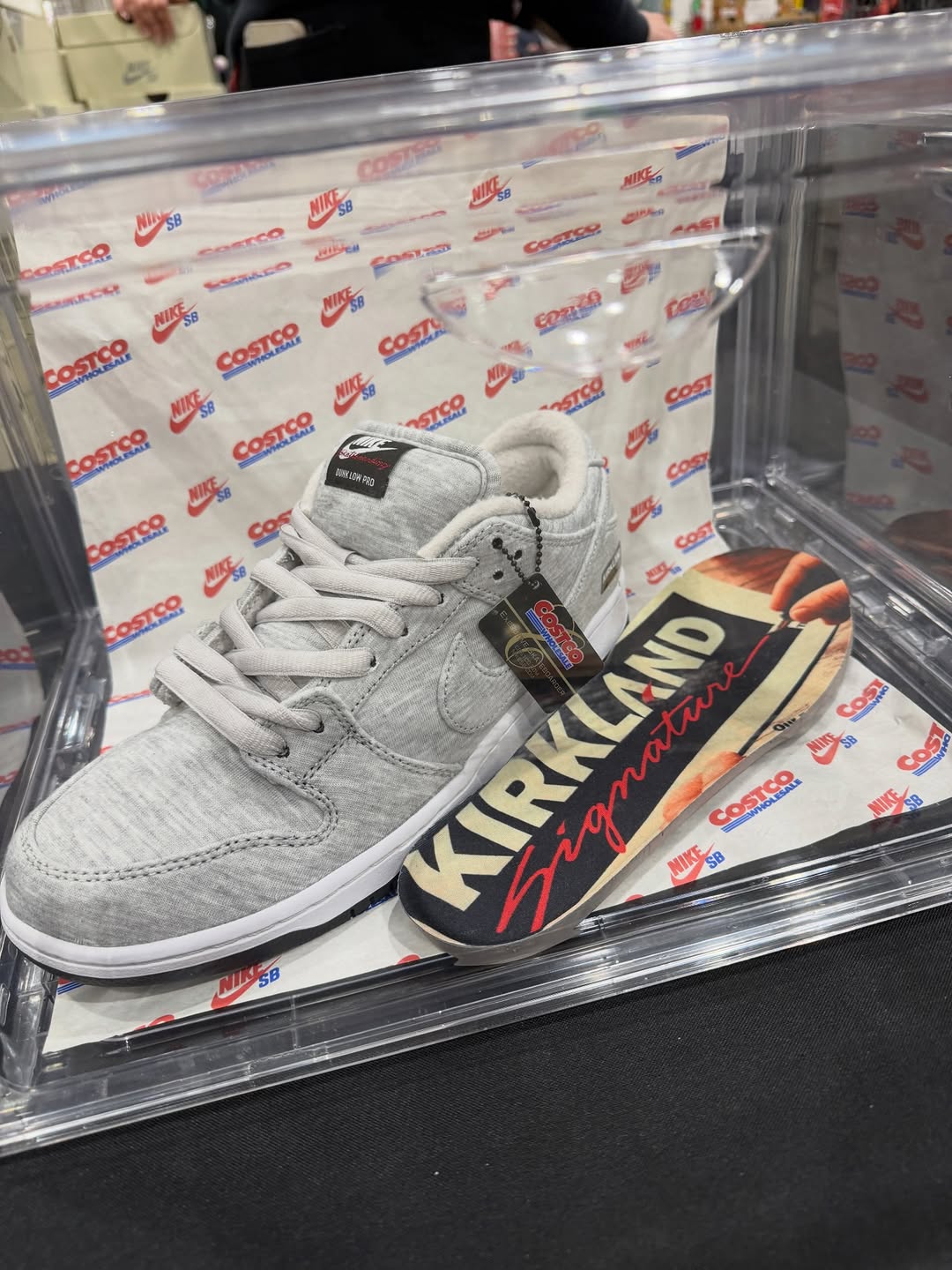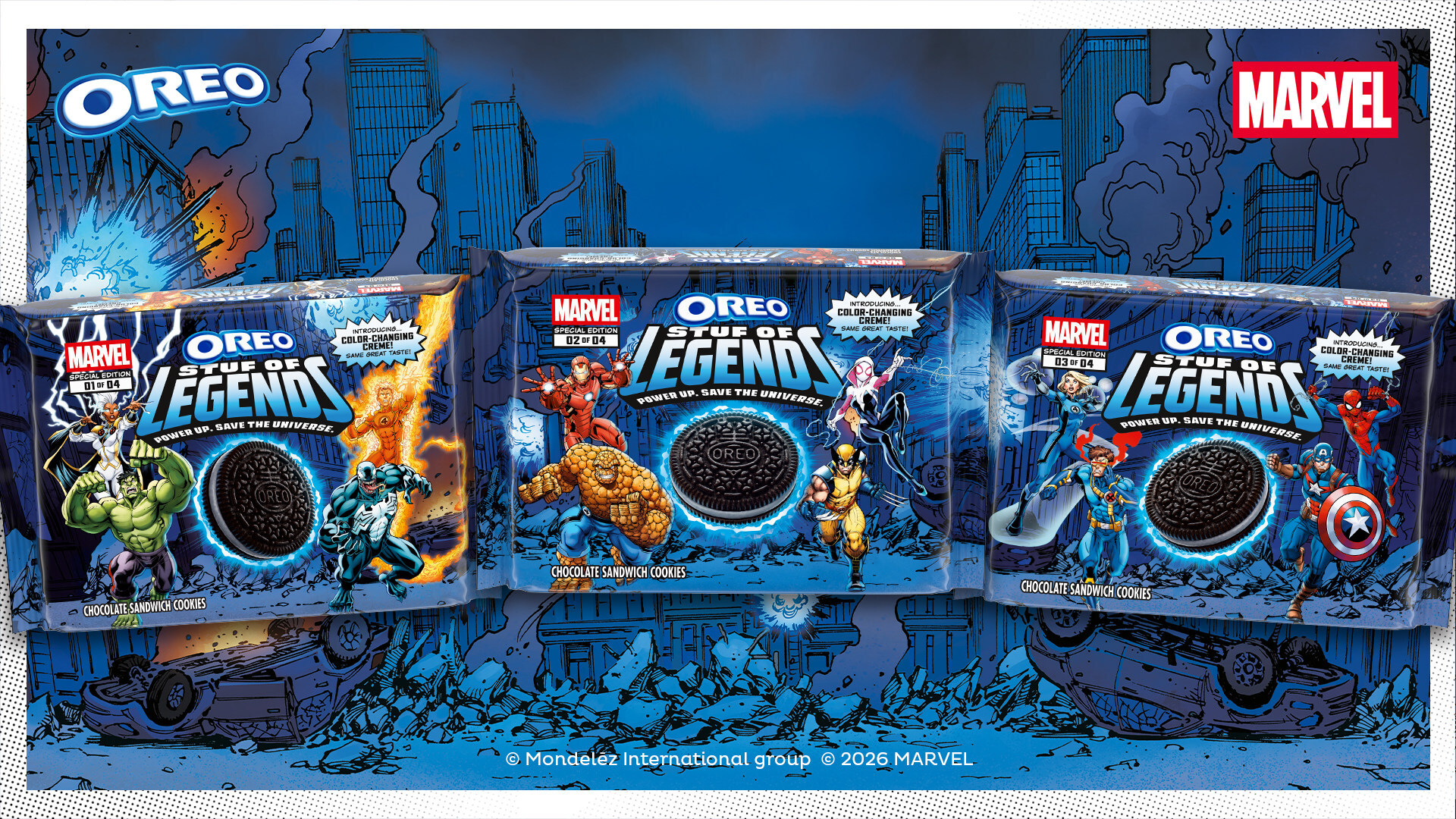Why Are Cities Barring People From Feeding The Homeless?
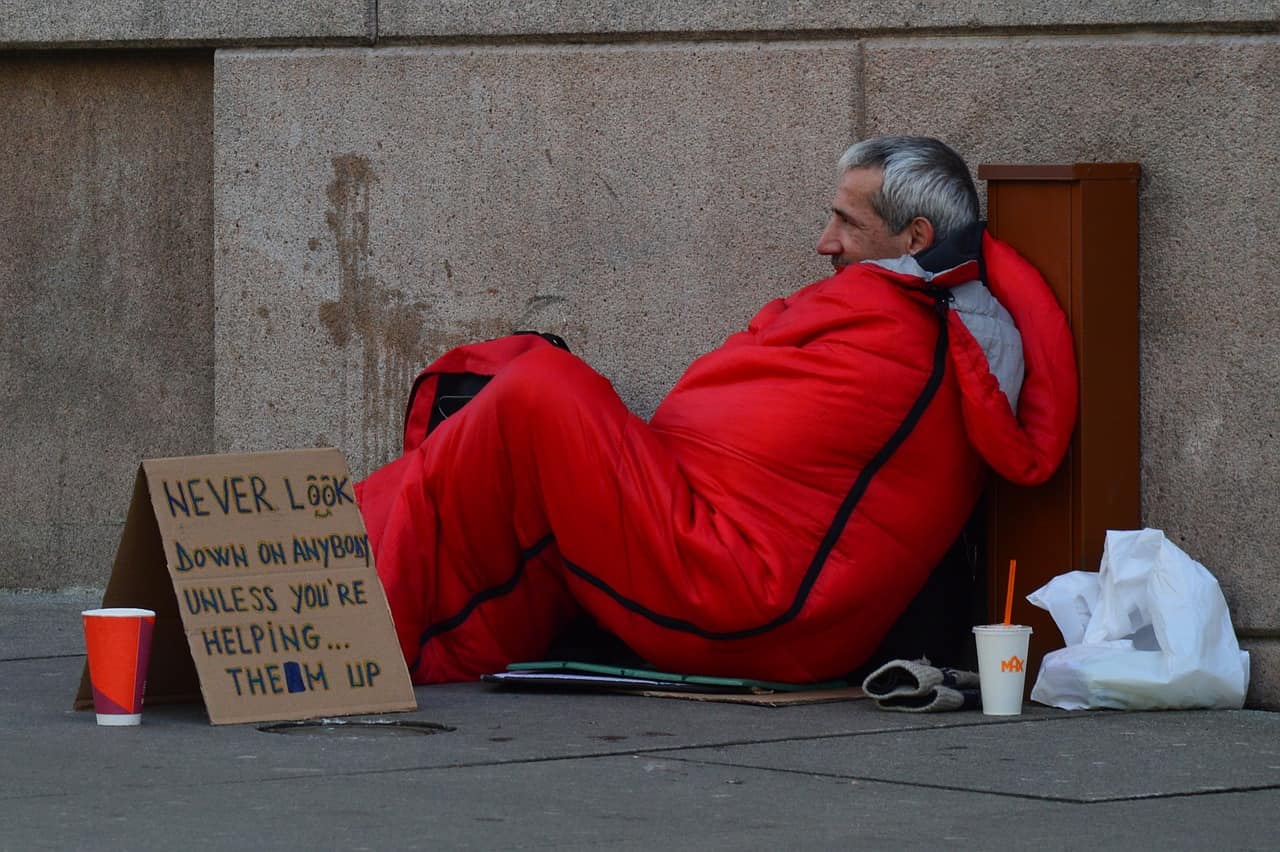
In a country where assisting others has always been seen as a virtue, it is concerning to see bans on feeding the homeless becoming more prevalent.

It’s not just the man kicked out of McDonald’s recently for buying a stranger a meal. There’s several other stories fresh on our minds of individuals facing legal trouble because they wanted to feed the hungry or aid those in need.
I’m talking about El Cajon, where a dozen people faced court last year for distributing food to the needy in a public park. I’m also referring to Tampa, where seven were arrested for feeding the homeless without a permit. And let’s not forget Atlanta’s Adele MacLean, who was ticketed after she refused to stop passing out meals.
But it’s not even the instances that make the news that are worrying. From 2013-2015, the National Coalition for the Homeless reported that 26 cities banned food-sharing. Our own Department of Justice has rolled back guidelines that recommend against such legislation and fines. With all of these events transpiring, it feels like that as a society, we would rather ignore those who need help the most and punish those who do try to provide aid.
Why are cities criminalizing this do-good act, you ask? Most of the time, their excuse is food safety, as they fear the spread of diseases like Hepatitis A. Other times, it’s because you have to get permission from the government to feed the homeless. This can involve fees and applications which take time and cost a bunch of money. It’s understandable that food safety and legal liability are concerns, but are they enough to warrant the arrest and prosecution of those who are just trying to do the right thing?
For those who would argue that soup kitchens and food banks feed the homeless well enough, it’s actually not the homeless that these places are designed to nourish. Only 11% of those looking for emergency food assistance are homeless, according to the U.S. Conference of Mayors. An overwhelming majority of those looking for sustenance are the food insecure, whose numbers greatly outnumber those of the homeless.
This can be more explicitly seen with aid organization Feeding America. Only five percent of “households” they serve are homeless. Feeding America’s centers also can’t keep up with demand, as 28 percent reported not having enough food to feed all who showed up. So while the public may see the homeless as those using these the most, that’s hardly the case.
When it comes to the homeless themselves, the Statistic Brain Research Institute reports that 28% of them don’t get enough to eat on a daily basis. Thus, a need does exist for those who can aid the homeless to do so, especially when it comes to food.
For both local and federal governments to suggest that our acts of kindness are illegal is concerning, especially when assisting others has always been championed in this country in other instances.
Since World War II, the United States has provided billions of dollars of food, medicine, and other types of aid to those stricken by tragedies in other countries simply because we had the means to. And yet, we impose fines, fees, and the fear of prosecution on those trying to aid a struggling and destitute population at home.
Why does our policy of helping others suddenly reverse when it comes to taking care of those in our country that need it the most?
Whether it be for the aforementioned food safety reasons, or because cities feel that soup kitchens and food banks are sufficient, I feel that the current answers we have to that question aren’t the right ones.

